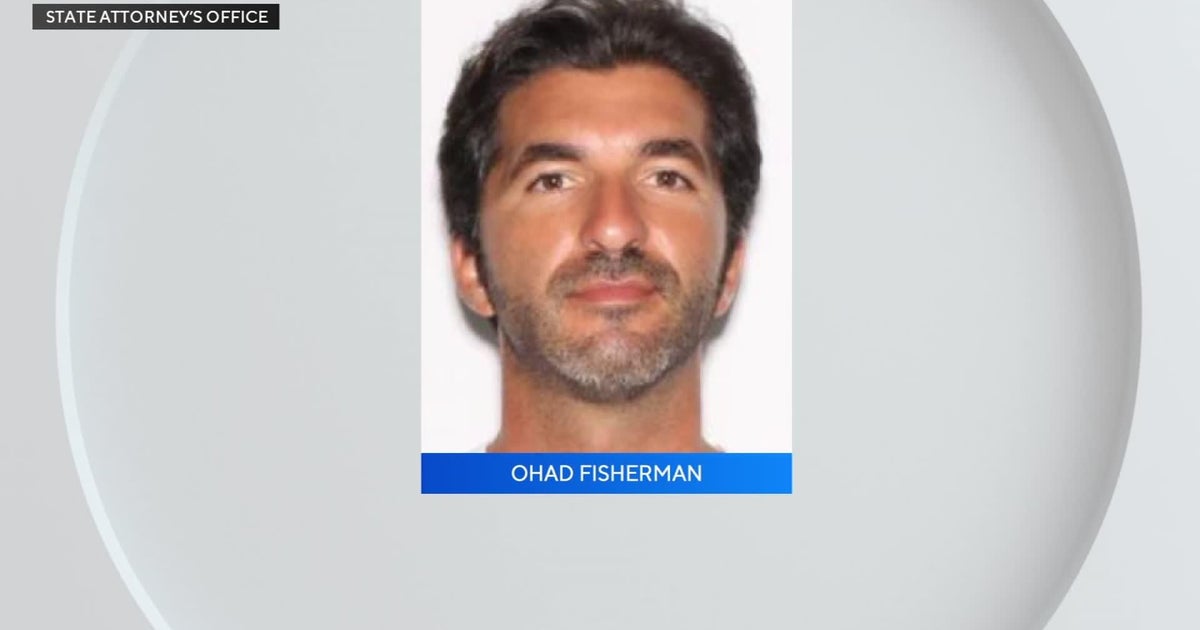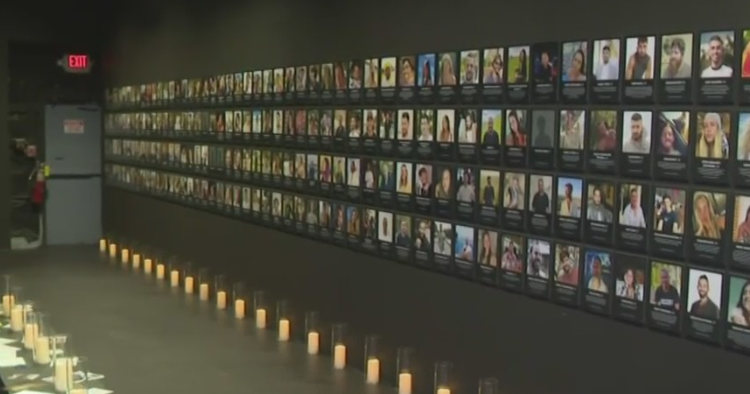Gang Of Eight Unveils Immigration Reform Details
MIAMI (CBSMiami) – The so-called "Gang of Eight" U.S. Senators, including Florida Senator Marco Rubio, finally took the wraps off the new bipartisan immigration reform plan Tuesday and revealed a complex, but achievable path to citizenship for immigrants who are in the United States illegally.
"Our immigration system is broken and it is time for a national conversation about how to fix it," the group of Senators said in joint statement Wednesday. "We believe common-sense immigration reform is vital in order to secure America's borders, advance our economic growth, and provide fuller access to the American dream."
The bill, which will be marked up in the Senate soon, allows an undocumented immigrant to get on a path to citizenship if they arrived before December 31, 2011, haven't committed a felony, or three misdemeanors, hold a job, pay a $500 fine and all back income taxes, according to the Washington Post.
If all of those conditions are met, then an individual will become a registered provisional, which allows the person to stay in the U.S. legally and without fear of deportation, however the person would be unable to get some public benefits.
After six years, the status would be renewed if the person isn't a criminal, has a steady work history, and pays another $500 fine. Then, four years after that, the person would be able to apply for a green card. The green card would require constant work history, constant presence in the U.S., continuous tax payments, no criminal record, knowledge of English and civics and paying another $1,000 fine, according to the Post.
Three years after that, the person would be eligible to become a citizen. All total, the path to citizenship would take 13 years and requires a minimum of $2,000 in fines plus all back taxes among other requirements, according to the Washington Post.
Students who entered before the age of 16, have graduated from high school, and have been in the U.S. five years would be able to apply for permanent residency in five years and citizenship immediately after that if they serve two years in the military or complete at least two years of college, according to the Post.
Among other provisions, the bill would require the Department of Homeland Security to put together two plans to increase fencing and reduce traffic over the borders. Congress would give more than $5 billion if needed to carry out Homeland Security's goals.
The bill would also require all employers use a new version of the E-Verify system to check legal status of workers and prospective employees. According to the Post, the program would be phased in over a few years with large employers starting in two years and then smaller companies in three years and all employers by 4 years.
The comprehensive bill is what the Gang of Eight called a starting point and the group said it will go through the normal legislative process in the Senate.
"We look forward to multiple Senate hearings on this bill, an open committee process with amendments, and a full and fair debate in the Senate," the Senators said.
But that process could be used by some to try to short-circuit any hopes of passing a bill. Conservatives who oppose the bill are looking to delay the process, which in 2007 killed any hopes of passing comprehensive immigration reform then.
Still, reformers believe the current political climate is more conducive to getting the bill passed in the Senate. However, it will still face a very stiff uphill climb in the GOP-led House of Representative.
President Barack Obama has been briefed on the bill by Republican and Democratic members of the Gang of Eight and appears to be ready to support the bill. In 2007, President George W. Bush also supported the immigration reform plan.



